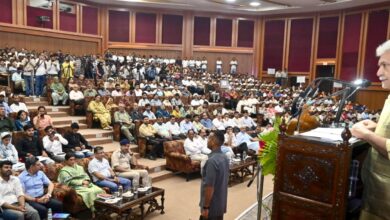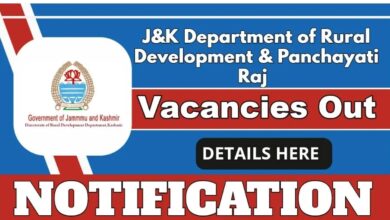DSEK asks Pvt schools to abstain for subjecting children, their parents to admission tests, interviews

Srinagar Feb 23 (WD): The School Education Department (DSEK) in Srinagar has issued a warning to private schools regarding their practice of subjecting children and their parents to admission tests and interviews. This practice, deemed unacceptable by the department, will face strict actions, including penalties for charging capitation fees and conducting screening processes during admissions.
DSEK, in accordance with the Right to Education Act 2009, prohibits the collection of capitation fees and the imposition of screening procedures during admissions.
Capitation fee, defined as any form of donation or payment apart from the school’s official fees, is strictly prohibited under the law. The objective of this regulation is to ensure that the admission process remains fair, non-discriminatory, and transparent.
DSEK emphasizes that schools should not rely on admission tests and interviews to decide on admitting students, as such practices do not accurately reflect a child’s potential to learn.
Furthermore, DSEK stresses the importance of providing equal opportunities to children from diverse socio-economic backgrounds to uphold the principle of equality enshrined in the Constitution. It advocates for composite classrooms that embrace diversity, fostering greater inter-learning, respect, tolerance, and creativity among students.
Amid complaints from parents and civil society, DSEK reiterates the unlawfulness of demanding admission fees beyond what is officially notified. It also highlights the need for schools to adhere to the academic calendar mandated by the National Education Policy 2020, with admissions ideally beginning in March.
Private recognized schools in Kashmir division are urged to refrain from charging capitation fees and conducting screening procedures during admissions. Any deviation from these guidelines may result in severe consequences, including the cancellation of school registration.
To ensure compliance, Chief Education Officers are appointed as nodal officers, with other education officials tasked with monitoring implementation at various levels.





